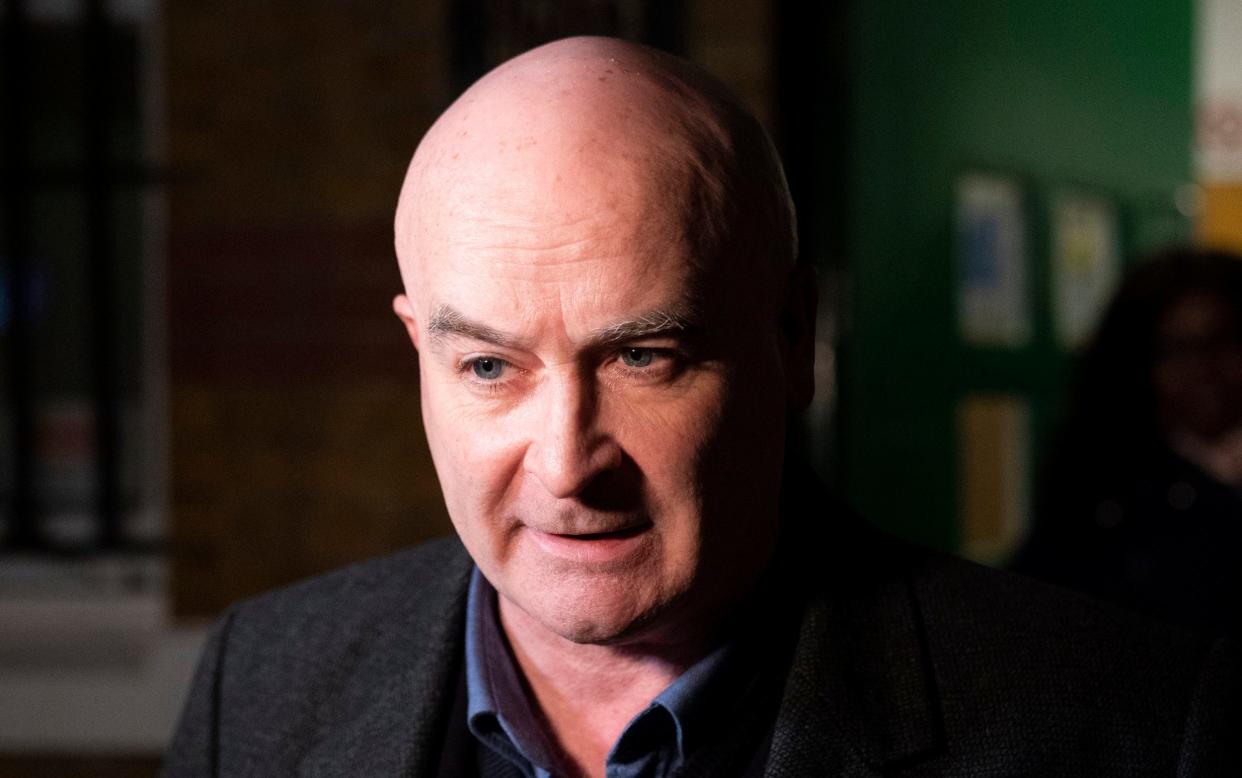Rail strikes could last ‘indefinitely’, warns Mick Lynch

Strikes on the railway will continue “indefinitely” unless ministers back down on key demands, union boss Mick Lynch has threatened.
Mick Lynch, the head of the Rail, Maritime and Transport workers union (RMT), said industrial action on the railway would continue unless ministers dropped calls to remove guards from trains.
“[Strikes] will be indefinite if that is their position,” he said, adding the union “would go down on this issue”.
“They may as well come in with a fish and slap me around the chops with it.”
Hopes of averting a painful series of rail strikes this Christmas were skewered by a last minute demand that RMT agree the train network should be switched to driver-only operation (DOO).
The Telegraph reported earlier this week that the DOO condition, inserted in an offer by train operators late on Sunday, came at the request of Downing Street.
Separate negotiations with Network Rail, the owner of tracks, signals and stations, have yielded some progress. Some 20,000 RMT members at the organisation are now voting on a deal that averages a pay rise worth 9pc over two years.
The RMT is encouraging its members to vote against the offer.
The pay offer is constructed so that lower paid workers are entitled to a higher percentage increase. The Telegraph has learnt that this means 2,400 of the 20,000 RMT workers at Network Rail would receive a 14pc pay rise. Around half of them will be entitled a double-digit increase in wages.
The results of the ballot will be announced on Monday, too late to avoid significant disruption on Tuesday. Mr Lynch said he was confident that union members would vote to reject it.
He claimed that the pay increases were “not free” as they would be funded by job cuts and a reduction in safety inspections.
Network Rail has promised no compulsory redundancies until 2025 and is understood to have had 3,300 employees request voluntary redundancy.
Mr Lynch said: “We will move to risk based maintenance rather than planned preventative maintenance. So they're saying, wait till it breaks and see what happens.
“And if that train comes off the rails at 140 mph with 900 people on it, they might say: ‘But we did save a few million quid during the 2022 pay dispute’.”
The railways, he said, “will be less safe than they are now” as a result.

